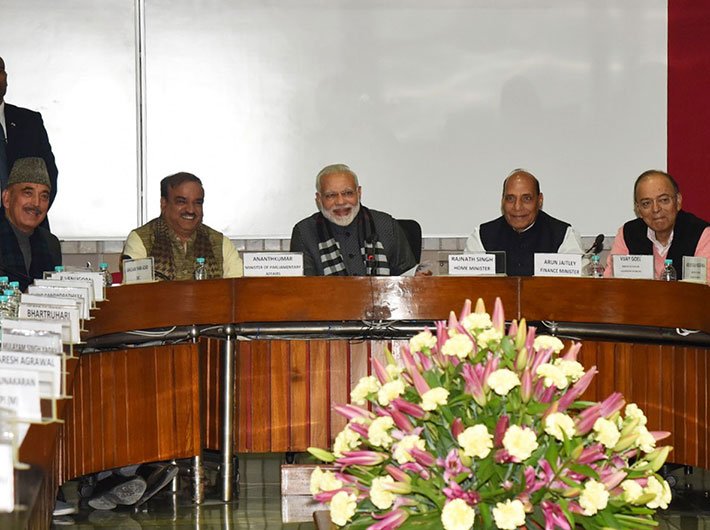The out-of-pocket expenditure on healthcare is nearly 63 percent of the total healthcare expenditure in India
In India public sector accounts for only 30 percent of the total healthcare expenditure and investment in building and maintaining public health infrastructure needs priority in the upcoming budget, according to a report by rating agency ICRA. With state investment on healthcare being estimated at less than 1.5 percent of the GDP, which is one of the lowest globally, it is a welcome sign when the government suggests that it will increase the expenditure to 2.5 percent of GDP by 2025. After the increase in outlay on healthcare by 28 percent in the last budget, with a similar increase likely this year, it may be possible to reach this target. However, there are issues that need immediate attention from national budgets such as investment in maternal and new-born health in order to improve health indicators. Though the situation of maternal healthcare is improving in the country, it still remains grim in comparison to other countries.
The out-of-pocket expenditure on healthcare is nearly 63 percent of the total healthcare expenditure in India. This is one of the highest in the world and a leading cause of insolvency, especially in the maternal healthcare sector. In addition to this, there is also a wide disparity in the expenditure of healthcare across states, despite equalizing interventions by the centre. This has been one of the main causes behind extensive regional and state differences in maternal mortality rates.
As per Rural Health Statistics (2017), there has also been a shortfall of specialists at community health centres (CHCs) by 82 percent which majorly impacted the maternal healthcare situation in states like Jharkhand, Madhya Pradesh, Uttar Pradesh, Bihar, Odisha Rajasthan, Chhattisgarh and West Bengal.
Recommendations for the Union Budget 2018
- For the Union Budget 2018, the overall spending on health should be increased to provide universal access to healthcare at the grass-root level.
- Infrastructure and human resources should be accorded greater priority in fund allocations to ensure quality of care in maternal healthcare.
- The National Health Policy 2017 reiterates the need to increase public spending on health to 2.5 percent of GDP.
- The government should introduce a policy incentivising states to improve state spending and performance on maternal healthcare. States managing human resources requirement, provisioning for adequate infrastructure and availability of generic medicines and diagnostics should be acknowledged through improved allocations of funds.
- The government should also focus on ensuring equity in budgets by strengthening primary health services with a holistic perspective and aiming convergence across different departments or a multi-sectoral approach.
- Improved investment in capacity building of functionaries who have a direct interface with the people such as village level health workers’ committees, PRI members, lower level functionaries such as – ASHAs, ANMs is recommended.
- There is also a need to strengthen the decentralisation processes by promoting community based planning and monitoring.
- Fund flow process should be expedited to avoid delays in implementation of the NHM programmes and improve the core activities such as payment under JSY and JSSK, incentive payment to ASHAs, procurement of drugs and equipment, operation of ambulances, etc.
- The union government needs to ensure speedy and timely disbursal of funds under NHM.
- State finance departments should be made liable to transfer funds to line departments within 15 days. They must approve the state budgets earlier instead of prolonging and delaying the process.
- Budgetary information should be simplified and published in public domain and should be made more transparent.
Ahsan is a senior program officer, Centre for Catalyzing Change


